Today, staff from the Saint Louis Zoo Institute for Conservation Medicine (ICM) are leading a blog takeover. Through our posts, we will share some of the work we are doing here in Missouri and around the world for wildlife conservation and human public health. #OneHealth
One Health includes environmental health!
As humans continue to affect the land, water and air, environmental health continues to be a critical component of #OneHealth issues. Deforestation, intensive farming practices and compromised ecosystems due to climate change may cause changes in pathogen (i.e., virus, bacteria, fungus) and vector (i.e., mosquitoes, ticks) distribution, contribute to the emergence of new diseases of plants and domestic and wild animals, and interfere with natural balances between species. Agricultural runoff creates dead zones in oceans and rivers and flushed pharmaceuticals enter waterways and disrupt flora and fauna. Endocrine disrupting compounds such as BPA (bisphenol A) can change the sex of a developing turtle if exposure occurs during incubation of the egg. Plastic waste in the environment negatively affects marine and human health. Click here to learn more about the Saint Louis Zoo Institute of Conservation Medicine Water Quality project.
There is good news, though! As more people understand that the health of the environment and ecosystems around the world is linked to both human health and preservation of critical species, both individual actions and public pressure can cause positive change. Visit stlzoo.org/conservation/doityourselfconservation to learn more.
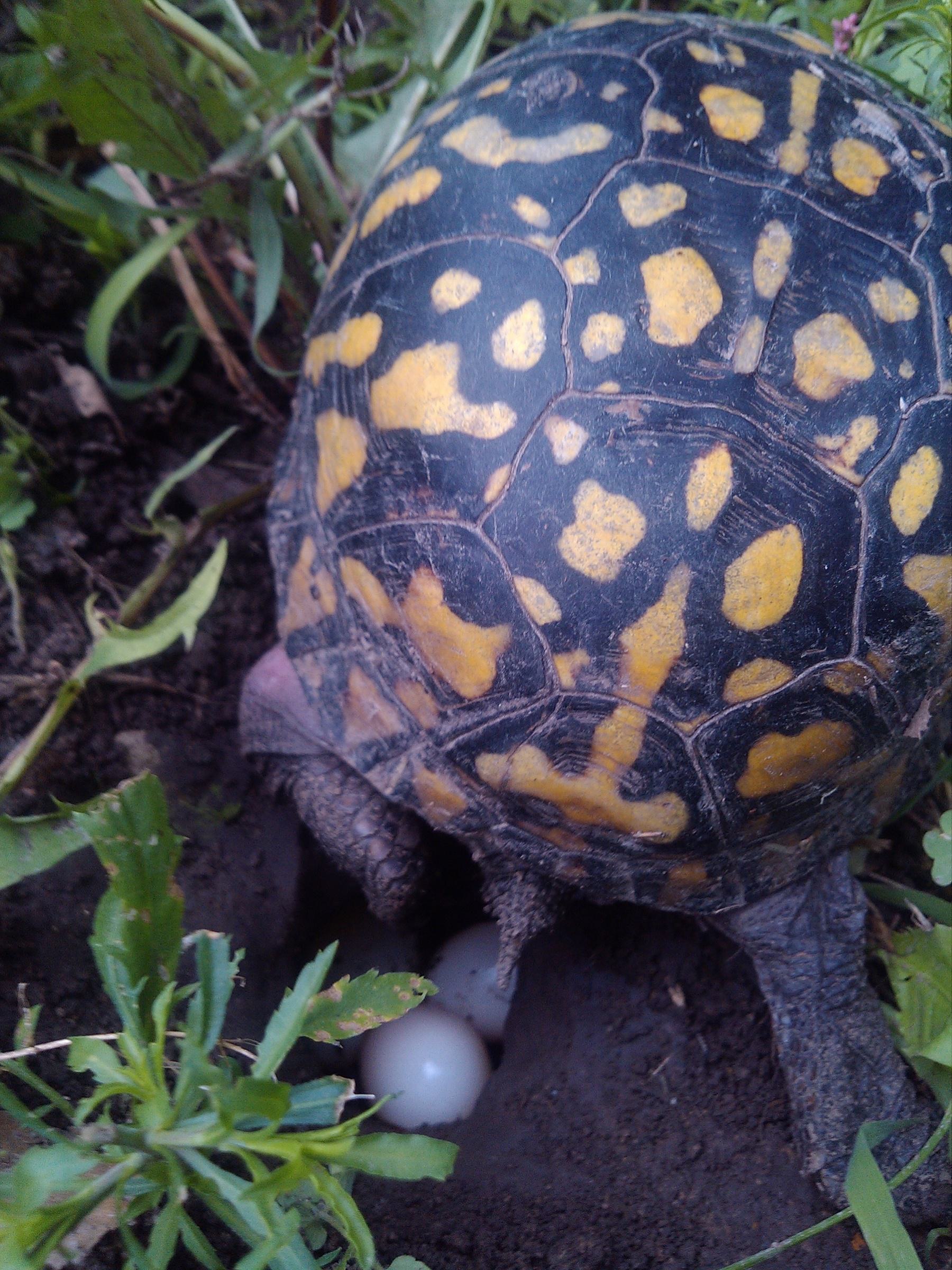
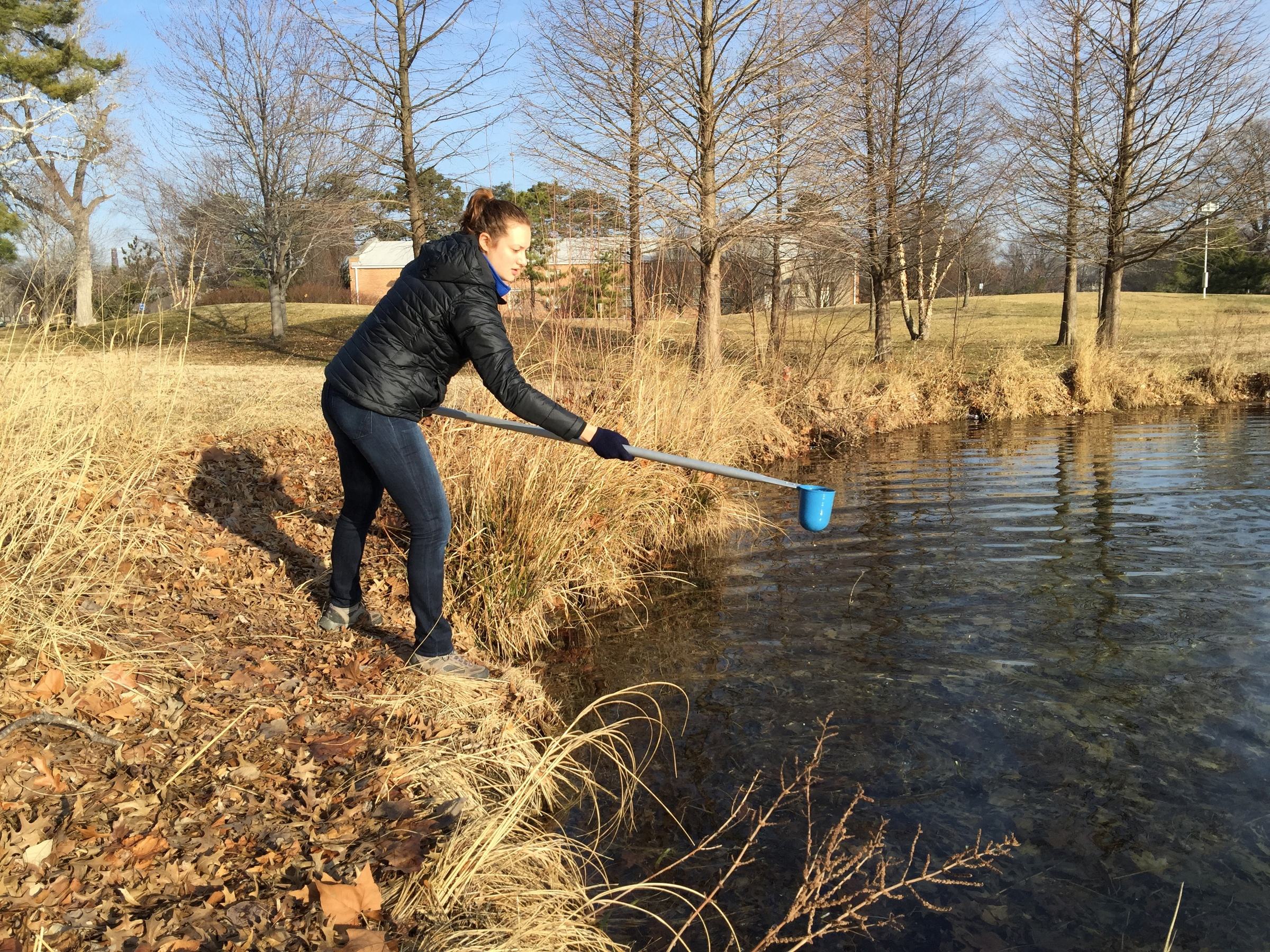
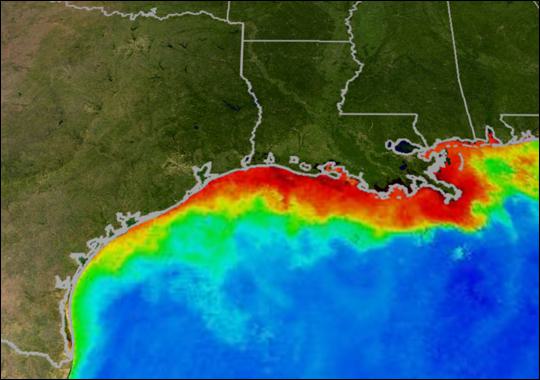
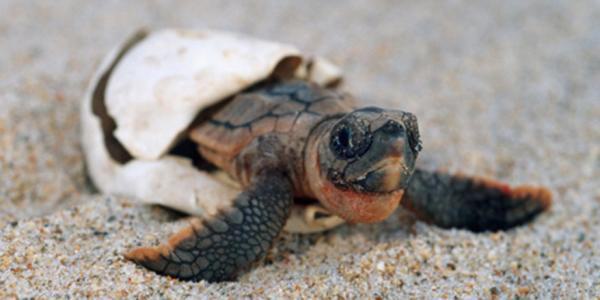
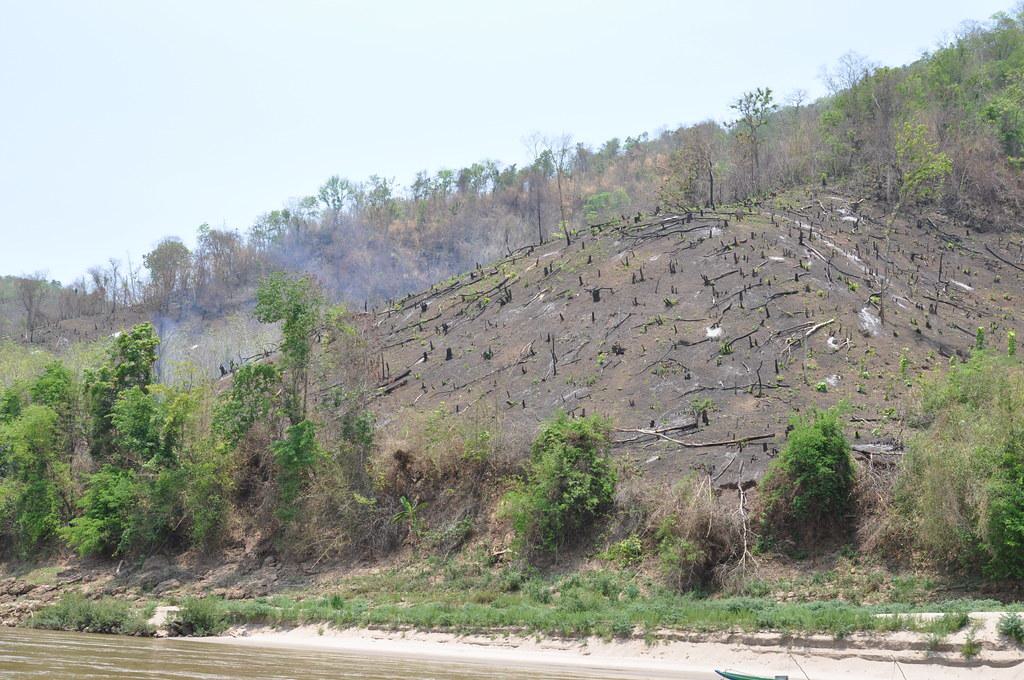
Wild tortoises in the Galapagos Islands are carrying antibiotic resistance genes (ARGs). These ARGs are an increasingly important public health challenge globally due to the overuse of antibiotics in domestic animals and humans, leading to spread of bacteria in the environment that are resistant to commonly used antibiotics. This is a great example of #OneHealth and why we must work together to better understand and mitigate human impacts in our ecosystems.
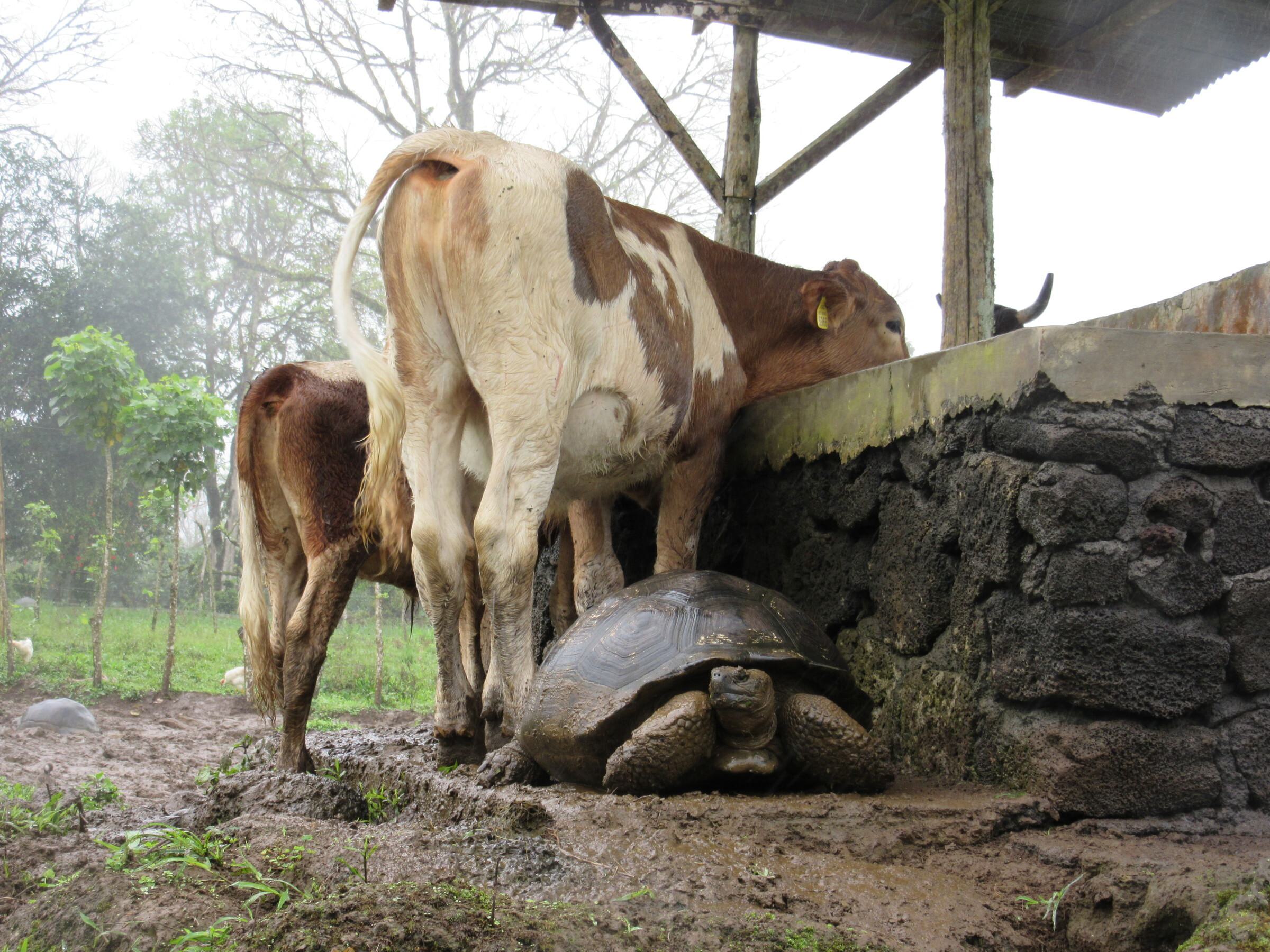
Local students are taking part in #OneHealth!
Spending time in nature is a proven way to benefit human health, so the Saint Louis Zoo Institute for Conservation Medicine (ICM) team is getting kids into nature through the St. Louis Box Turtle Project. This program enhances school STEM initiatives by allowing students to help field scientists gather data through radio telemetry of tagged turtles in Forest Park, Tyson Research Center and Little Creek Nature Area. Students in the Ferguson-Florissant, Hazelwood, SLPS, and Clayton School Districts are helping to raise awareness of box turtle conservation while gaining field biology skills and improving their overall health. The ICM team is proud to be supporting our future conservationists!
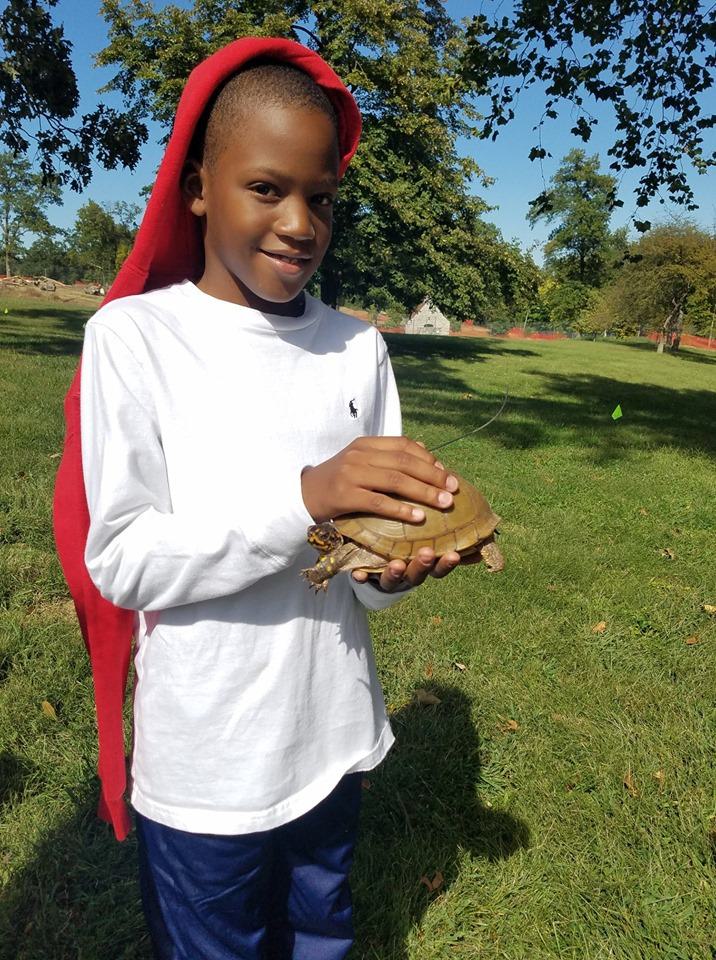
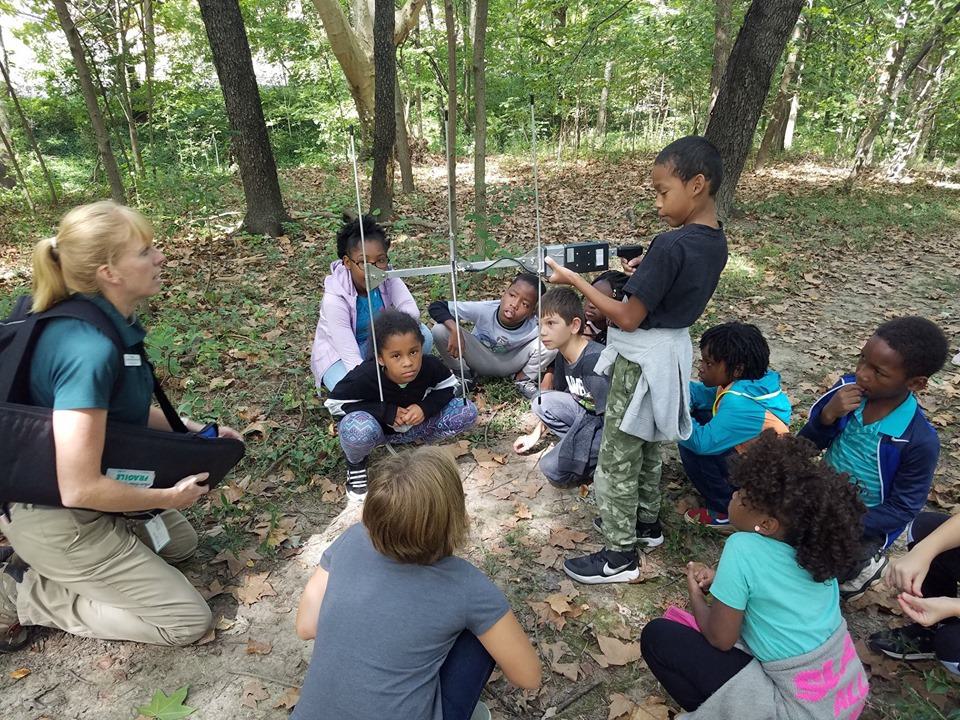
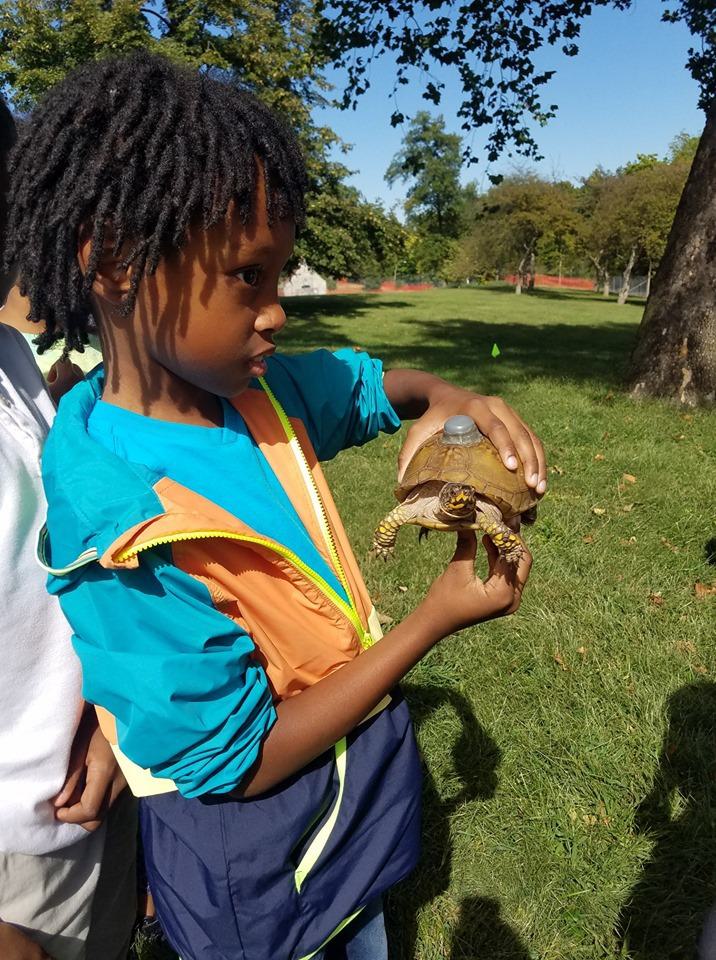
As climate change has made parts of Kenya hotter and drier, many Kenyans have switched from raising cattle to more heat- and drought-tolerant camels. Making sure these camels are healthy is a key part of ensuring healthy food for people and protecting Kenya’s rich and diverse wildlife from diseases that camels may carry. In April 2019, the Saint Louis Zoo Institute for Conservation Medicine (ICM) partnered with the International Livestock Research Institute and the Smithsonian Global Health Program to hold a course on dromedary camel health for Kenyan veterinarians. Veterinarians from around the country gathered for five days of hands-on training, knowledge sharing, and the creation of a community of practitioners better prepared to protect the health of Kenya’s livestock, wildlife and people.
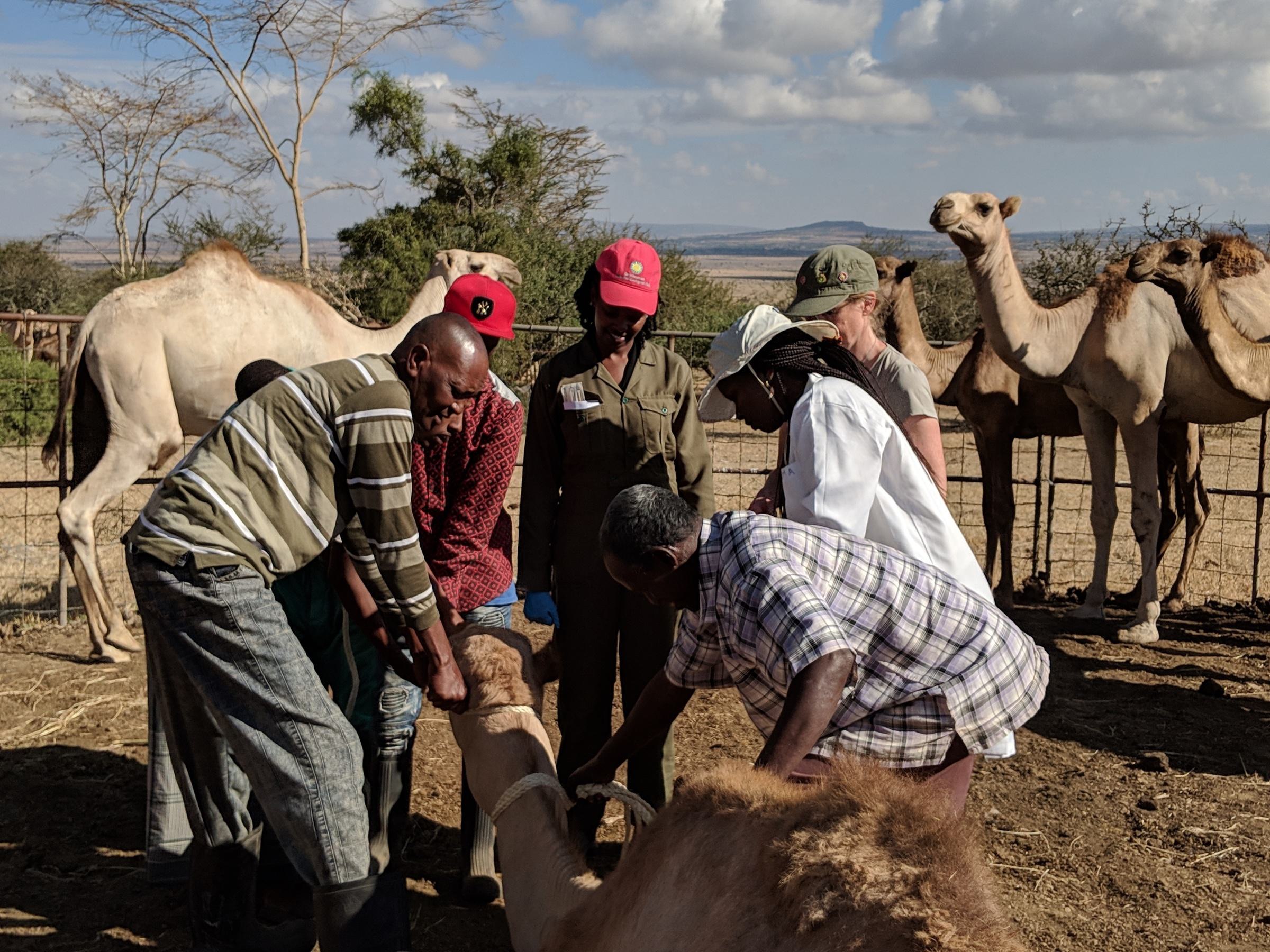
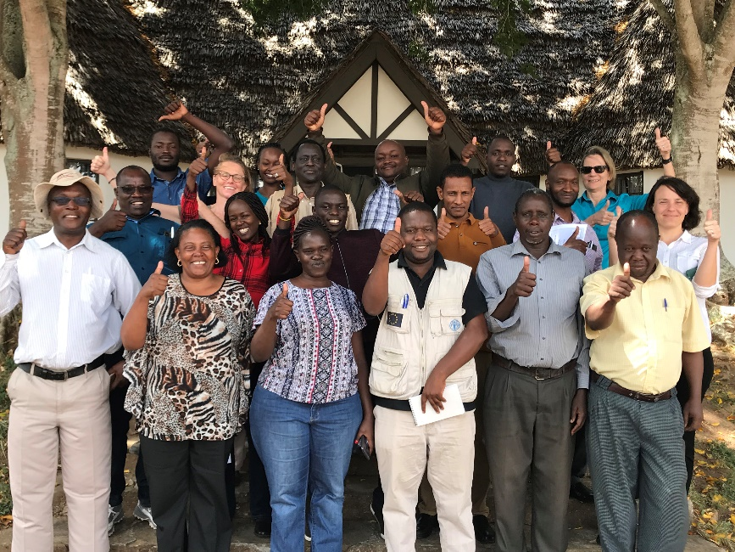
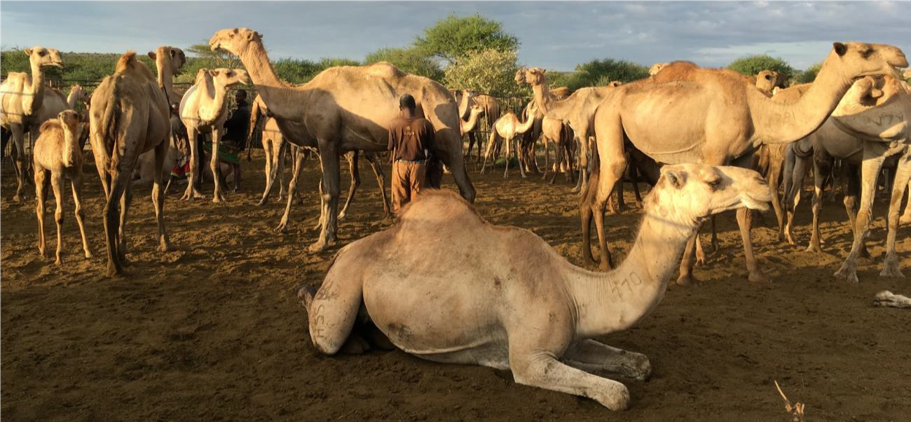
One Health is Community!
Messaging to our communities about conservation is very important. We are all part of our ecosystems and we must understand how our behaviors affect the other species that share these ecosystems with us. By connecting with communities, locally in St. Louis and around the world where we work, we are building a network of #OneHealth practitioners that will help us make the world a better, healthier place for all. Healthy animals, healthy people!
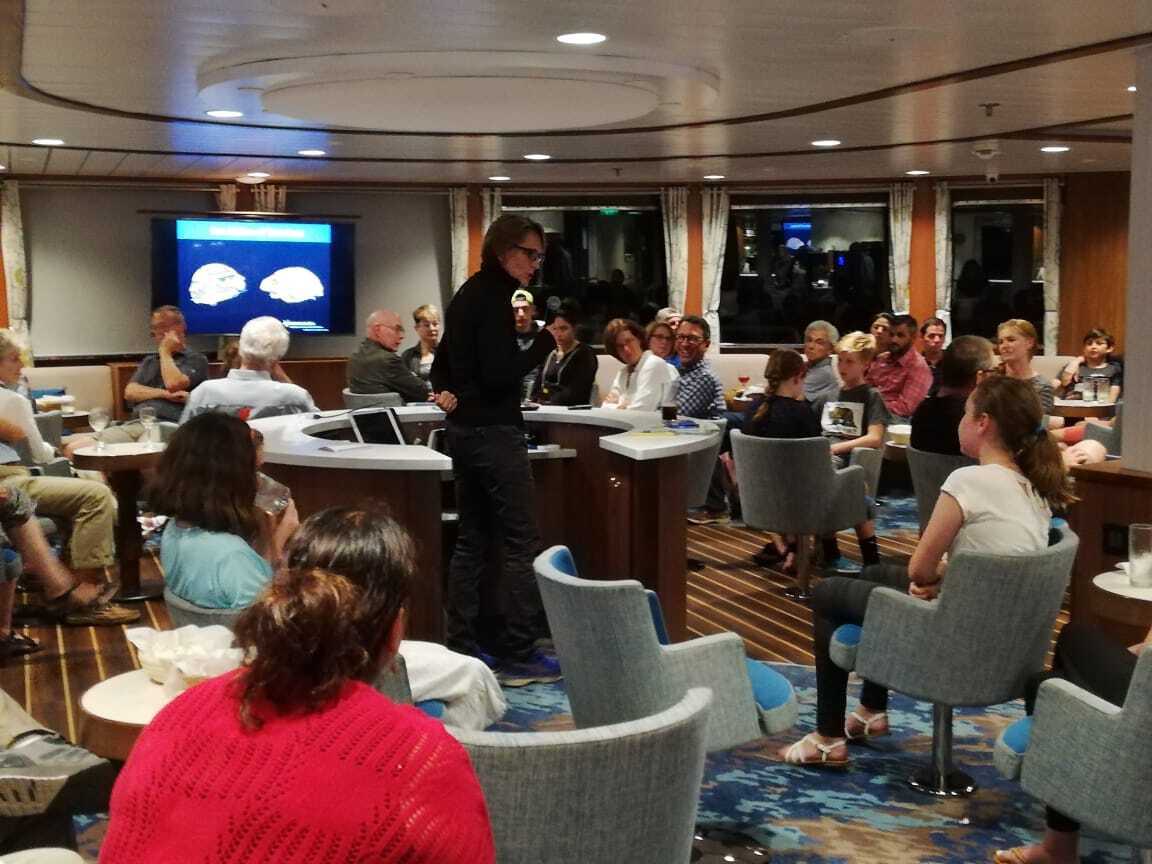
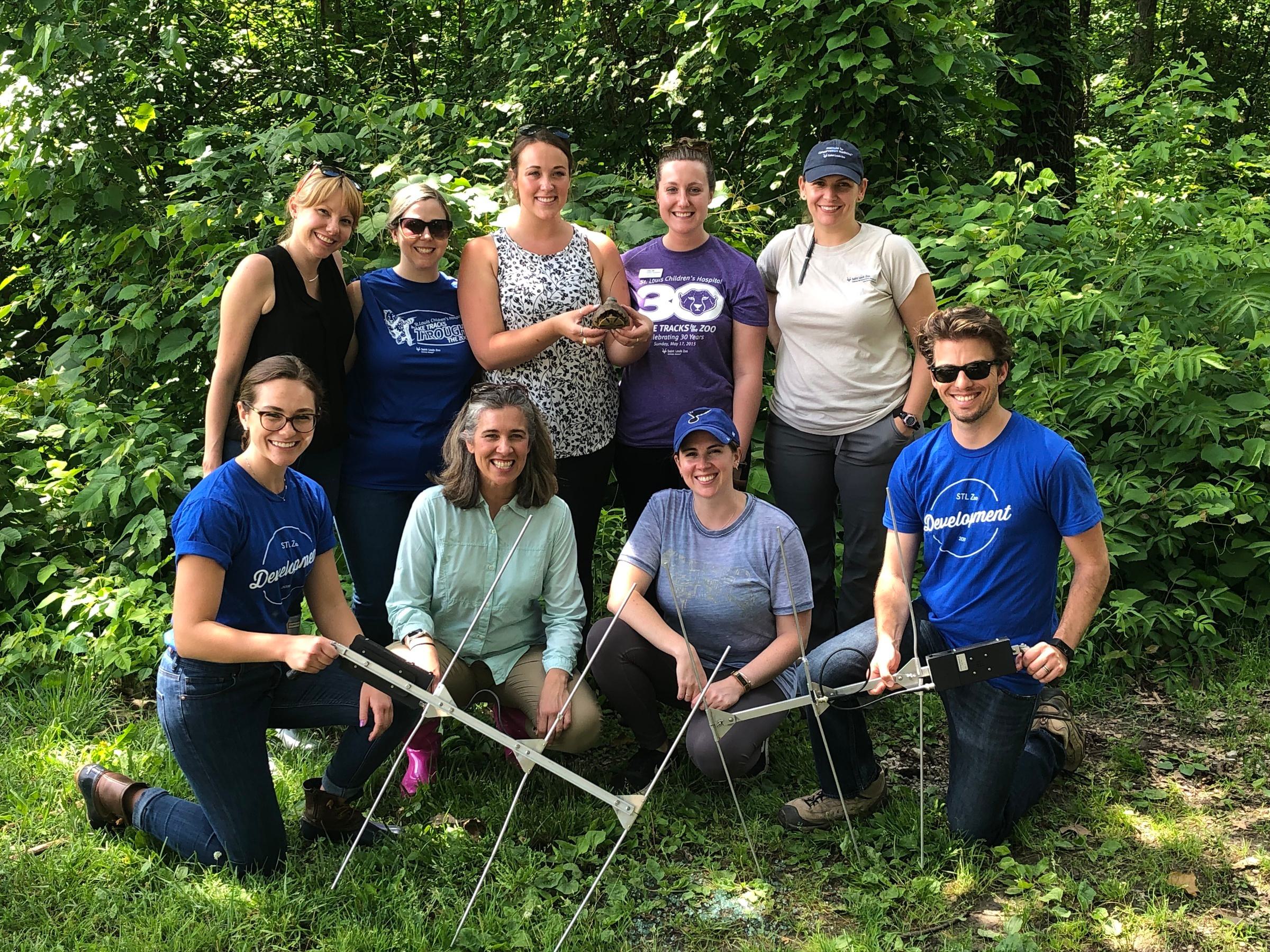
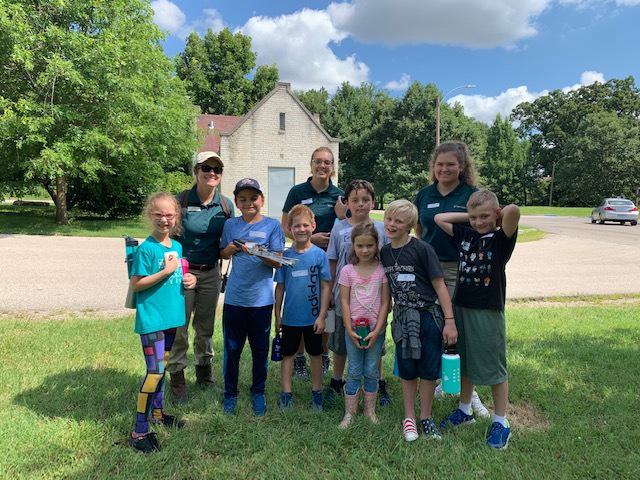
#OneHealth is evolution, and evolution implies constant and natural change. Species are continually adapting to their environments, which includes fighting off diseases to survive. However, pathogens and parasites are also constantly evolving to “outsmart” their animal hosts’ defenses. As a result, many species and their diseases are in a constant arms race to keep from going extinct. This is a natural process, but one that is being thrown off-kilter by recent human-induced environmental changes. We are working to understand these complex systems by measuring how these changes affect wildlife health, and by extension, human health. For instance, we found that Galapagos giant tortoises that live closer to humans have more antibiotic-resistant genes than tortoises that live farther away. This might make them more susceptible to diseases, which is crucial information for developing effective conservation management plans and saving species. Will Galapagos tortoise species be able to adapt to changes caused by encroaching human populations?
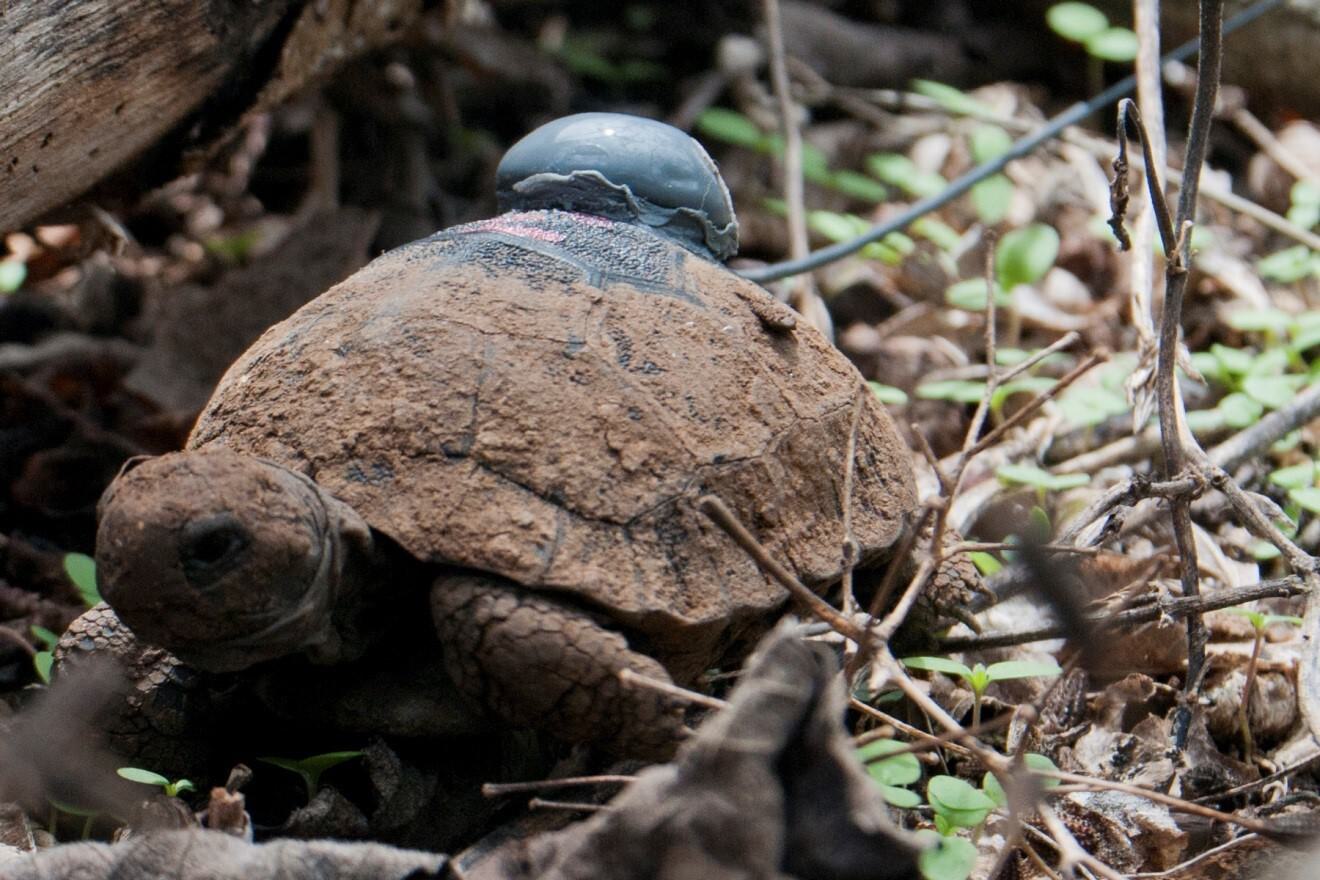
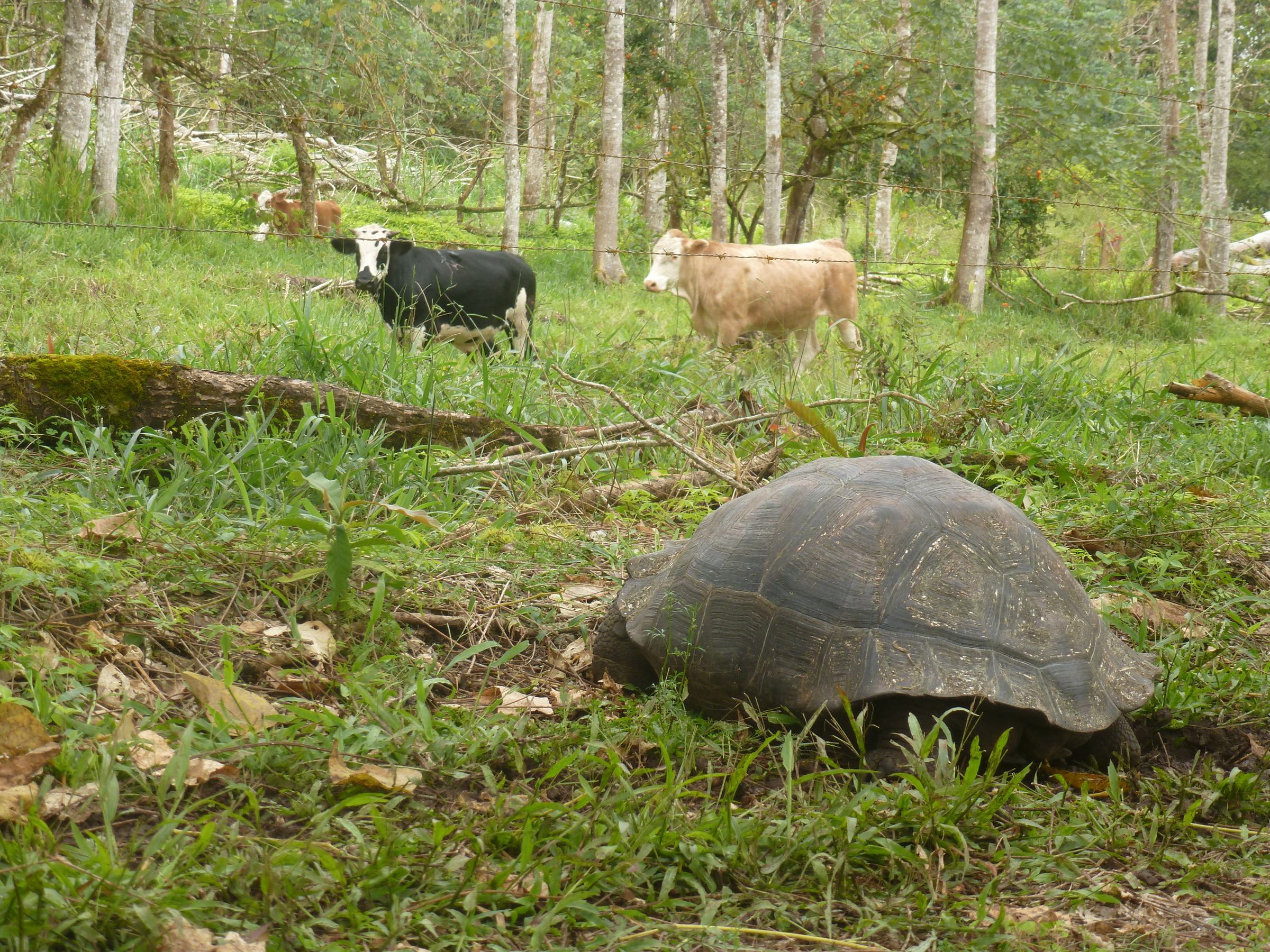
Artificial Intelligence (AI) for One Health
The Saint Louis Zoo Institute for Conservation Medicine (ICM) has been collaborating with the Saint Louis University Remote Sensing Lab over the last year to explore ways that emerging platforms to manage digital devices, also known as the "Internet of Things" (IoT), might also help connect field research with satellite imagery of our changing planet to support better, faster conservation medicine. With cloud computing support awarded through a Microsoft "AI for Earth" grant, Zoo staff and SLU researchers are developing new techniques for connected conservation and applied remote sensing throughout the world, from Kenya to Madagascar. The team's tech lead, Stephen Leard, an IT Analyst within the Zoo's Technology Services department and graduate student at SLU, had the opportunity to accompany ICM veterinary scientists to Kenya in spring 2019 to learn more about veterinarians' technological challenges in the field. That experience and this ongoing collaborative research demonstrates how the Zoo continues to utilize state of the art technology for One Health worldwide!
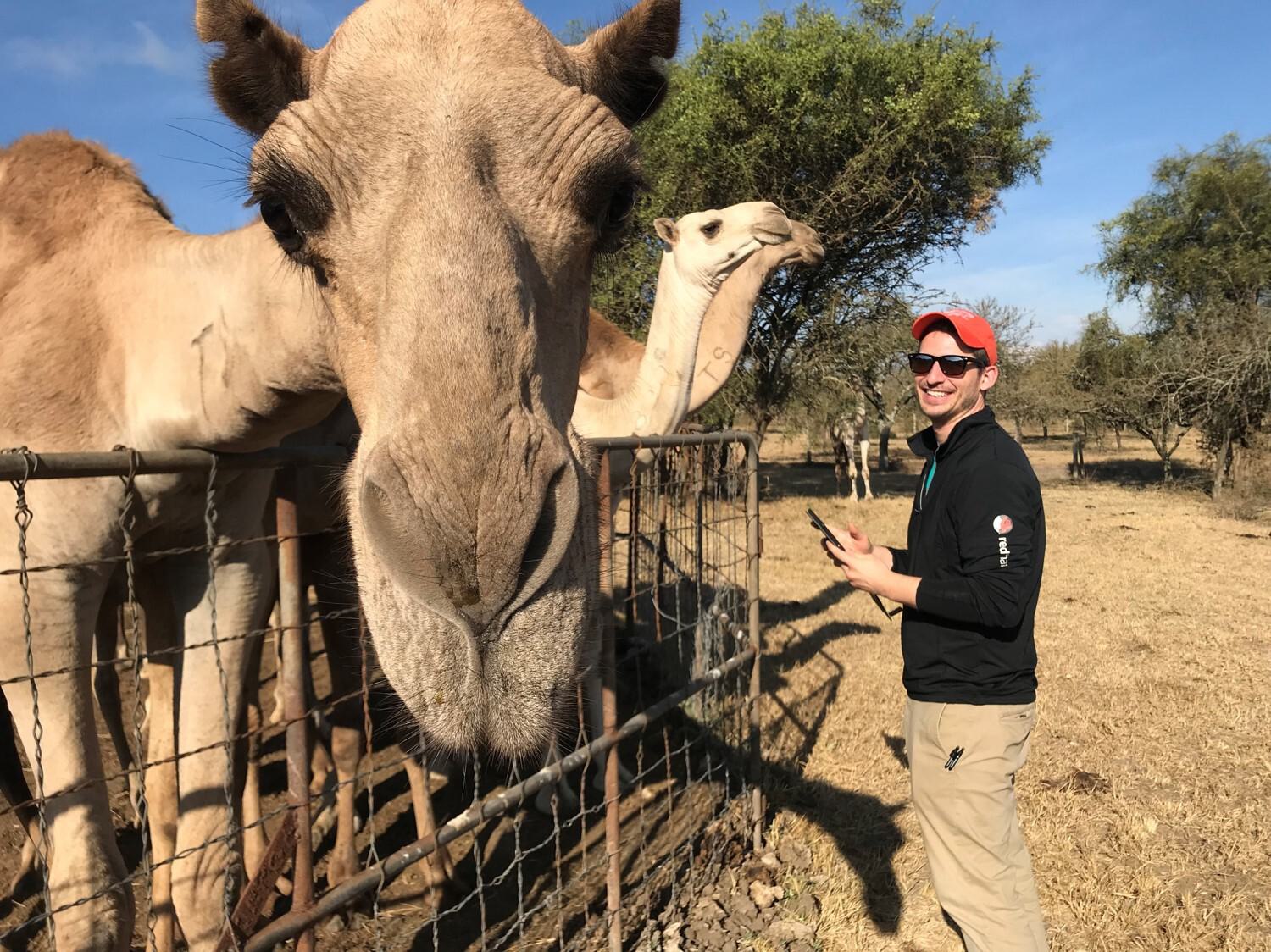
A Book on One Health
If this #FacebookTakeOver day and the stories shared by the Saint Louis Zoo Institute for Conservation Medicine (ICM) staff has sparked your interest in One Health, you may want to check out the book, Introduction to One Health: An Interdisciplinary Approach to Planetary Health, which we published in 2019. The book covers the what, where, when, why, who, and how of One Health and is divided into 6 sections: (1) An Introduction and Impetus for One Health, (2) The One Health Triad, (3) Practitioners and Their Tools, (4) How to Start a Movement, (5) Humanities of One Health, and (6) Where Do We Go From Here.. A book like this is just in time. With the growing evidence of the global challenges that threaten animal, environmental and human health, we must take action to overcome these challenges. The true value of One Health is that it is a solutions-based, transdisciplinary approach to tackle the planetary health challenges of the 21st century. One Health as an approach will help us ensure healthy animals, healthy people and a healthy planet.

